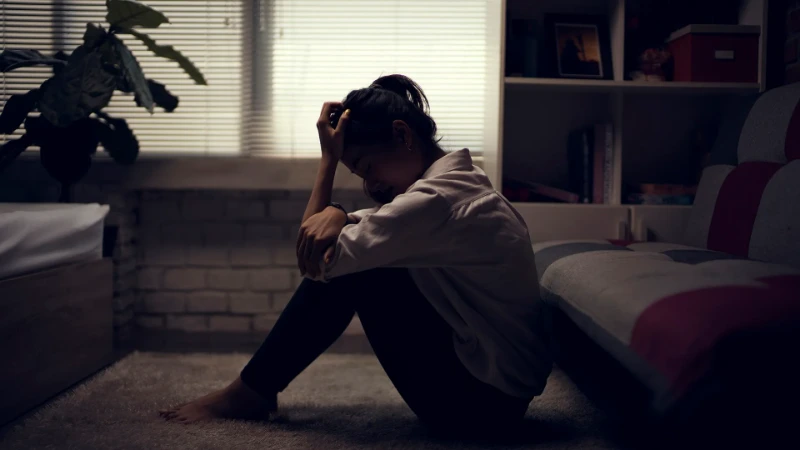
The disorder dysthymia, which causes low moods and feelings of hopelessness, affects about 6% of the population. It is more common in women than men, and it is primarily caused by stress in childhood and adulthood. However, more research is needed to understand how and how it develops.
You may be suffering from persistent depressive disorder (PDD) if you have been depressed for more than two years. The symptoms of PDD are similar to those of major depression, but are milder. People suffering from PDD have ongoing symptoms that interfere with their daily lives. It is important to seek help. In case you or someone you know is experiencing symptoms, call 911 and consult a mental health professional or your primary care physician.
The symptoms of PDD include low self-esteem, poor concentration, and excessive sleep. A person may also avoid activities they used to enjoy, have suicidal thoughts, or lose their appetite. People with PDD may not remember the first time they became depressed, and it can be difficult to diagnose. If you think you may have PDD, a healthcare professional should be consulted.

Almost anyone can be affected by persistent depressive disorder at any age. It can start in childhood and last for years. It is common for people with this condition to have family members who also suffer from it. They may also have low self-esteem, low productivity, and low self-confidence. There may be difficulty caring for themselves and they may not want to leave the house.
It is usually treated with medication and psychotherapy. These treatments include cognitive behavioral therapy and interpersonal therapy. Individuals with PDD may also participate in group sessions. Taking medication can be helpful, but it is important to speak with your doctor if you have questions about them. You may experience withdrawal-like symptoms if you stop taking your medications abruptly.
Additionally, it is important to know that many people with PDD have experienced a major depressive episode at some point in their lives. It is not uncommon for people with PDD to experience several episodes of major depression and dysthymia in their lifetimes. People with PDD also suffer from other mental health issues, such as anxiety and personality disorders.

There may also be a history of high functioning depression with PDD, a condition in which people appear to have a good sense of self but exhibit few symptoms.
As part of treatment, it is essential to keep in mind that your mental health is a priority. Make sure you take the right medications and receive the right therapy. The best treatment for PDD involves a combination of psychotherapy and medication. In addition to taking your medication at the right times, it is essential to engage in healthy activities, such as exercising and spending time outdoors, in order to avoid missing a dose.


